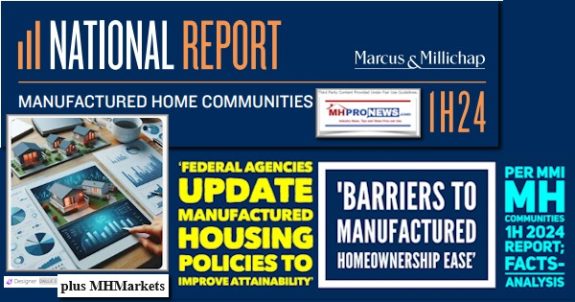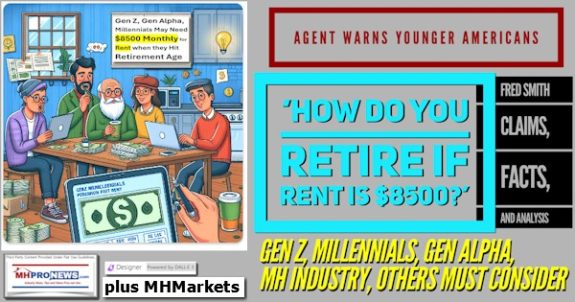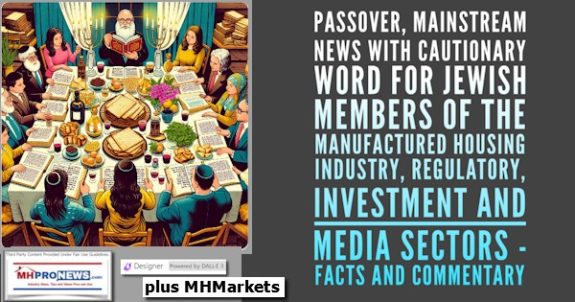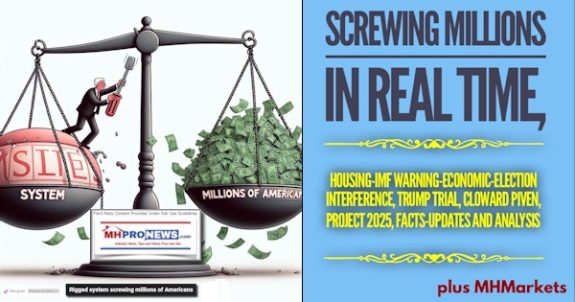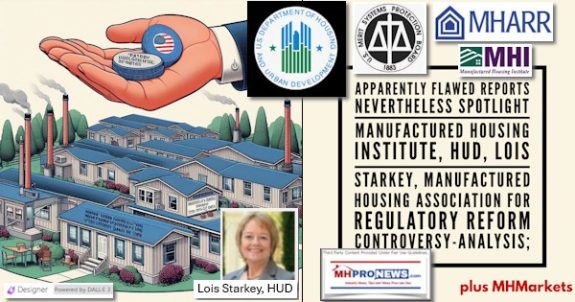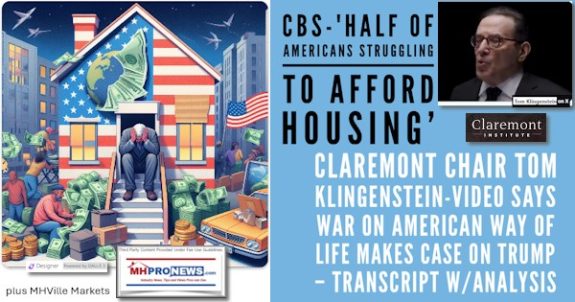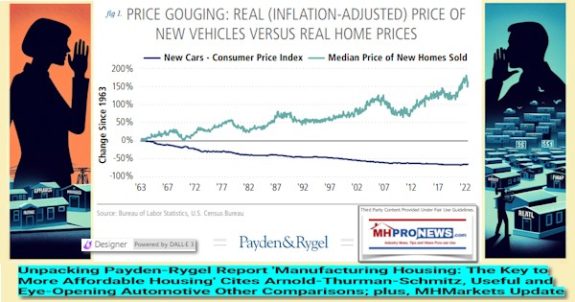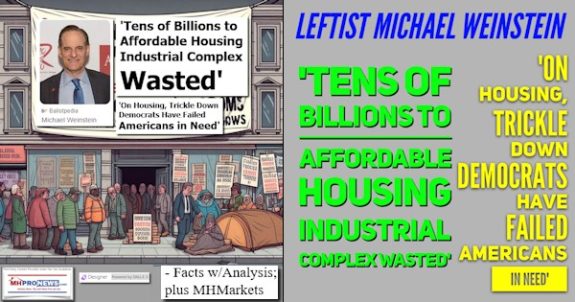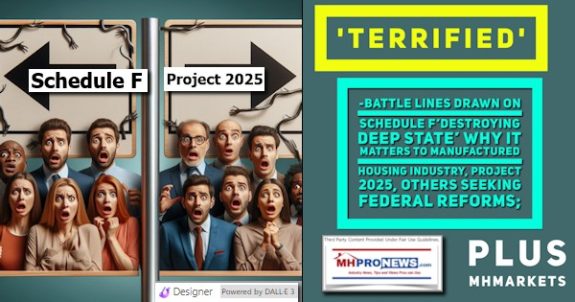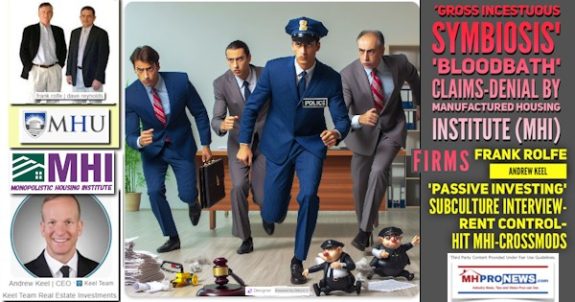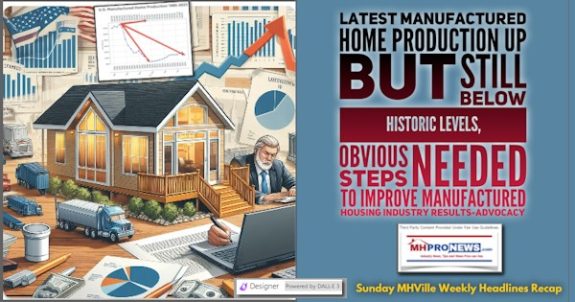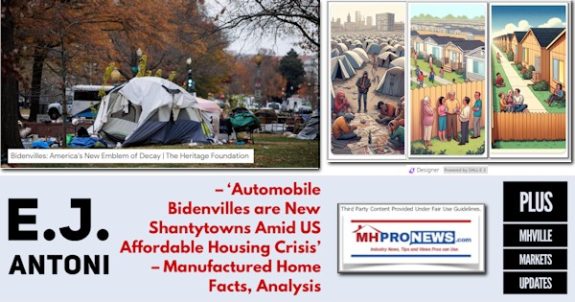During MHI’s 74th Annual Meeting on September 26-28, 2010 in Denver, CO, MHI members and Board of Directors outlined priorities for the industry and the association in preparation for 2011 and the incoming 112th Congress.
2010 has been a pivotal year for MHI and the industry. As the industry enters the fourth quarter and 2011, the market appears to have stabilized. However, significant economic headwinds, a fragile housing market, and an active legislative and regulatory environment still threaten the industry.
The priorities detailed below represent the collective input of manufacturers, lenders, community owners, state associations, retailers and suppliers—the entire MHI membership. It is important to note that MHI‘s policy focus is not limited to this list and remains engaged on all issues related to the industry.
State association members, homeowners and residents represent the lifeblood of the industry. MHI will be giving special attention to its grassroots mobilization efforts. MHI will be gearing up on effectively engaging these constituency groups and stressing the importance of direct member and industry involvement in the government relations process.
Priority: Financial Regulatory Implementation and Overhaul
The Dodd-Frank Wall Street Reform and Consumer Protection Act (H.R. 4173; P.L. 111-517) was enacted into law on July 21, 2010. The law is considered the most significant rewrite in decades of rules governing banking and financial services and will impact every financial institution and credit instrument in the nation.
One of the most visible and significant creations of the law is the establishment of a new independent and autonomous Consumer Financial Protection Bureau (CFPB), housed within the Federal Reserve, that will regulate all consumer financial products and participants, including mortgages, credit cards, banks, payday loans and other financial products.
Initial estimates conservatively indicate the act will require more than 240 new rulemakings, nearly 70 new one-time reports/studies, and more than 22 new on-going studies. This does not include the administration of existing regulations and laws that will be transferred to the new CFPB—there are nearly 20 existing consumer/housing finance-related laws that will now fall under the new bureau’s jurisdiction-or existing rulemakings that were in progress at the time of the bureau’s inception.
Provisions in this bill contain significant issues for lending in our industry. Addressing these issues, and correcting them, will be a primary focus in 2011.
Priority: SAFE Act Implementation
The Dodd-Frank Bill transfers jurisdiction and oversight of a number of mortgage-related laws from the Department of Housing and Urban Development (HUD) to the CFPB. Included in the regulatory transfer is the shift of enforcement over the SAFE Act from HUD to the CFPB. HUD maintains jurisdiction over the SAFE Act until the designated transfer date of July 21, 2011. It is unclear if HUD will issue a final rule on the SAFE Act. However, regulatory oversight of the statute will eventually shift to the CFPB.
The SAFE Act, and uncertainty around its application to many industries, including manufactured housing, remains a key issue to be resolved in 2011. Achieving clarity in application and making the SAFE Act more relevant to the manufactured housing industry will be a high priority in 2011.
Priority: GSE Reform and Government’s Role in Housing
The U.S. Treasury Department is required to submit a report to Congress, no later than January 31, 2011, on ending the conservatorship of Fannie Mae and Freddie Mac and reforming the housing finance system. For more than a decade, GSE and federal support of manufactured home lending and finance has been limited.
Even with strong Congressional guidance in the Housing and Economic Recovery Act of 2008 (HERA) — which indicated the GSEs have a duty to serve the finance needs of the manufactured housing market — little headway has been made to push GSEs into the business of establishing a secondary market for manufactured home loans secured by personal property.
While it is unclear what system may ultimately replace the GSEs or when this may occur, MHI must ensure than any system—private, public or public-private hybrid—fully and adequately serves the liquidity needs of the manufactured housing industry.
The 112th Congress will bring with it a significant number of committee leadership changes, including within the Senate Banking and House Financial Services Committees. GSE reform will engage committee and party leaders at the highest levels.
MHI will need to actively engage committee members, administration officials and external stakeholder groups at the national and grassroots level to ensure manufactured housing is on a level playing field in any new housing finance system.
Priority: Tax Reform
Section 45L of the tax code provides a credit of $1,000 to manufacturers of Energy Star HUD Code manufactured homes and $2,000 for modular homes. The credit was originally enacted as part of the Energy Policy Act of 2005 and for the past several years has been extended on an annual/temporary basis. The credit officially expired December 31, 2009.
MHI has worked to extend the credit for one year as part of tax extension legislation (H.R. 4213) that was approved by the House in May 2010. The Senate has been unable to move the measure due to objections over the costs associated with extending various tax cuts.
MHI has also worked with Sen. Olympia Snowe (R-ME) to introduce stand-alone legislation (S. 1637) that would increase the credit and extend it for three years. Congressman David Reichert (R-WA) has introduced similar legislation (H.R. 4226) in the House.
Regardless of whether tax extenders legislation is enacted during the 111th Congress, the need to pass an extension will again arise early in 2011. The ability to rely on the long-term availability of the new energy efficient home tax credit is of critical importance to manufactured homebuilders. In addition, with energy efficiency standards potentially becoming more stringent the cost to builders to produce such homes will also increase.
In 2011, MHI will work to pursue a strategy that: 1) increases the amount of the tax credit; 2) provides for a long-term/permanent enactment of the tax credit; and 3) potentially monetizes the tax credit. MHI will also examine other options to provide maximum benefit to the industry.
Priority: Energy Issues
In May 2010, the House adopted legislation (H.R. 5019) endorsed by MHI that would provide owners of manufactured homes constructed prior to 1976 with a rebate of up to $7,500 to use towards the purchase of a new Energy Star qualified manufactured home and provide up to $2,500 for decommissioning of the old home.
The measure is based on legislation (H.R. 1749) developed by Rep. Baron Hill (D-IN) in collaboration with MHI. Sen. Jon Tester (D-MT) introduced similar legislation (S. 1320) that was marked up by the Senate Environment and Natural Resources Committee on August 5, 2010.
While there is still ample opportunity for the measure to be enacted this Congress, if the measure is not adopted this legislative session it will remain a priority for passage during the 112th Congress.
EISA Energy Efficiency Standards
The Energy Independence and Security Act of 2007 (EISA; P.L. 110-140) contains provisions requiring the Department of Energy (DOE) to establish and implement energy efficiency standards for manufactured housing (Sec. 413).
The bill specifically tasks the agency with developing regulations, in consultation with the Department of Housing and Urban Development (HUD), that are based on “the most recent version” of the International Energy Conservation Code (IECC) and that:
- take into consideration the design and factory construction techniques of manufactured homes
- are based on HUD-established climate zones
- provide for alternative energy efficiency practices
- are established by 2011 (four years from the bill’s date of enactment)
MHI has developed a legislative proposal that would place responsibility for implementing energy efficiency standards developed by DOE within HUD and ensure that new standards strike a balance between energy efficiency and maximizing housing affordability for very low- and low-income families.
While legislation has not yet been introduced, the 112th Congress may yield opportunities to make targeted revisions to EISA. Despite significant policy differences between Democrats and Republicans on energy issues, there is the expectation that energy legislation of some form could potentially be enacted during the 112th Congress, which could present an opportunity to amend the EISA statute.
For more information, MHI members can contact Thayer Long at tlong@mfghome.org or (703) 558-0678.






